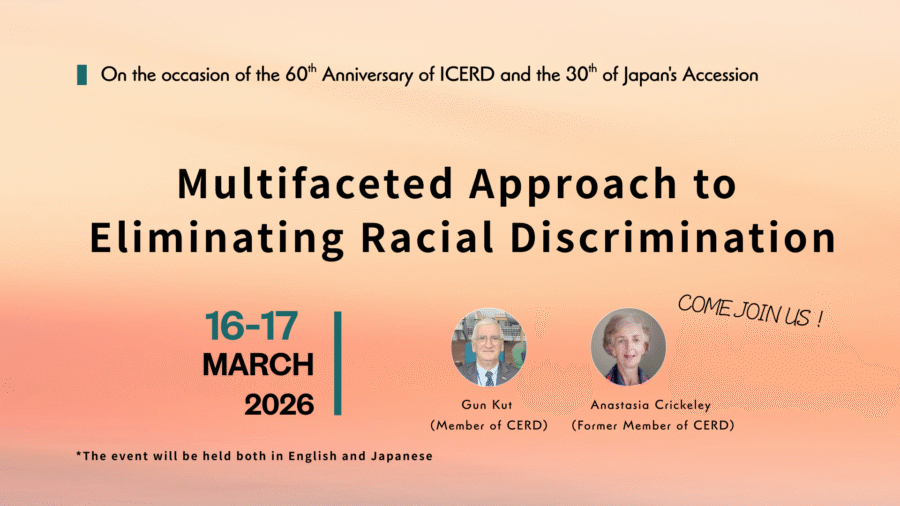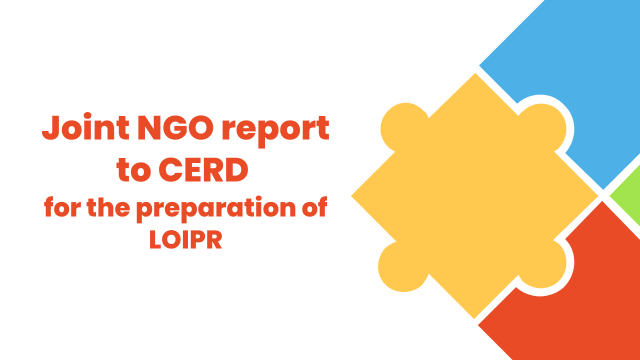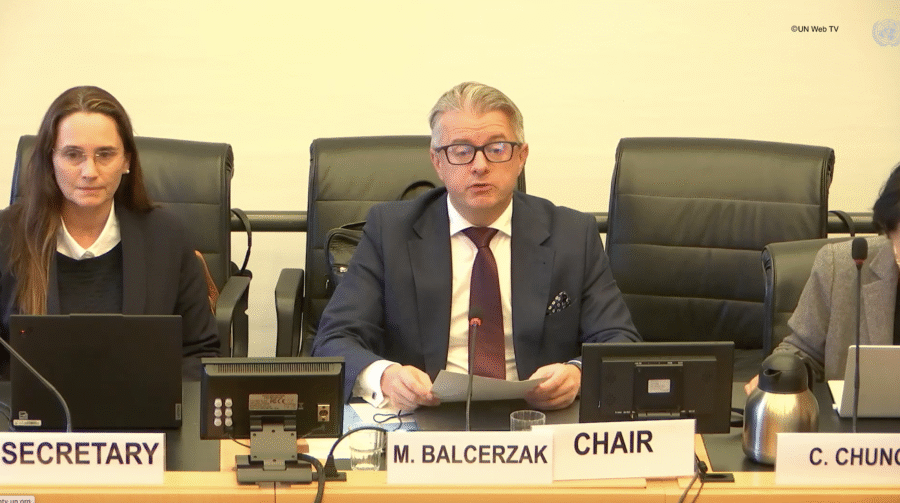Joint Statement: States must support new UN body to counter anti-Black racism by ensuring the nomination of strong and independent experts
November 30, 2021

States must support new UN body to counter anti-Black racism by ensuring the nomination of strong and independent experts
29 November 2021
After years of standstill, the UN General Assembly has finally adopted a resolution in August 2021 creating a long-awaited new body to inform UN and state efforts to combat anti-Black racism: the UN Permanent Forum on People of African Descent.
While a number of other UN bodies and mechanisms have been established to combat racism and racial discrimination, this Forum is unique as it has been designed as a space for people of African descent and for anti-Black racism activists themselves to participate in policy discussions, in an open Forum where rights-holders from all continents can sit alongside UN and state representatives, share their experiences, analysis and recommendations, and have their voices heard.
Minority Rights Group International (MRG), the International Movement against All Forms of Discrimination and Racism (IMADR) and the International Institute on Race, Equality and Human Rights (Race and Equality) warmly welcome the creation of the new Permanent Forum as a potential milestone in the growing mobilization against the worldwide scourge of anti-Black racism, violence and discrimination.
However, such a Forum can only be as strong and effective if UN member states will allow it to be. The work of the Forum will be led by a group of 10 experts, half of whom will be elected by the UN General Assembly among a pool of candidates nominated by UN member states[1]. It is therefore now the responsibility of states, individually and collectively, to ensure that the work of the Forum will be steered by strong and independent experts with the ability and will to make this Forum both an open and inclusive space, and an effective and impactful body for the fight against anti-Black racism.
Recalling the paragraph 2 of the resolution, our organizations call on UN member states from all regions to engage actively in the process of setting-up of this new Forum by nominating strong and independent candidates, able to command the respect of those affected by this issue, with relevant expertise and experience, a proven commitment to the fight for equality and a proven track record in defending human rights for all and in fighting racial discrimination. States should identify their nominees in consultation with those for whom this Forum has been created, namely organizations representing people of African descent and anti-racial discrimination movements and activists. It is our view that the Forum will be best served by being led by experts who are fully independent of their nominating state.
The unanimous adoption of the resolution creating the Forum earlier this year was a decisive first step in the right direction. States must now demonstrate their commitment to making this Forum an effective body by promoting competitive elections and merit-based nomination procedures.
Contact persons:
Glenn Payot, Minority Rights Group International – glenn.payot[@]minorityrights.org
Taisuke Komatsu, the International Movement against All Forms of Discrimination and Racism (IMADR) – tkomatsu[@]imadr.org
Tania Agosti, the International Institute on Race, Equality and Human Rights (Race and Equality) – agosti[@]raceandequality.org
[1] The other half will be appointed by the President of the UN Human Rights Council, after consultation with states, and “on the basis of broad consultations with organizations of people of African descent” (Resolution A/75/L.119/Rev.1, para. 2)





